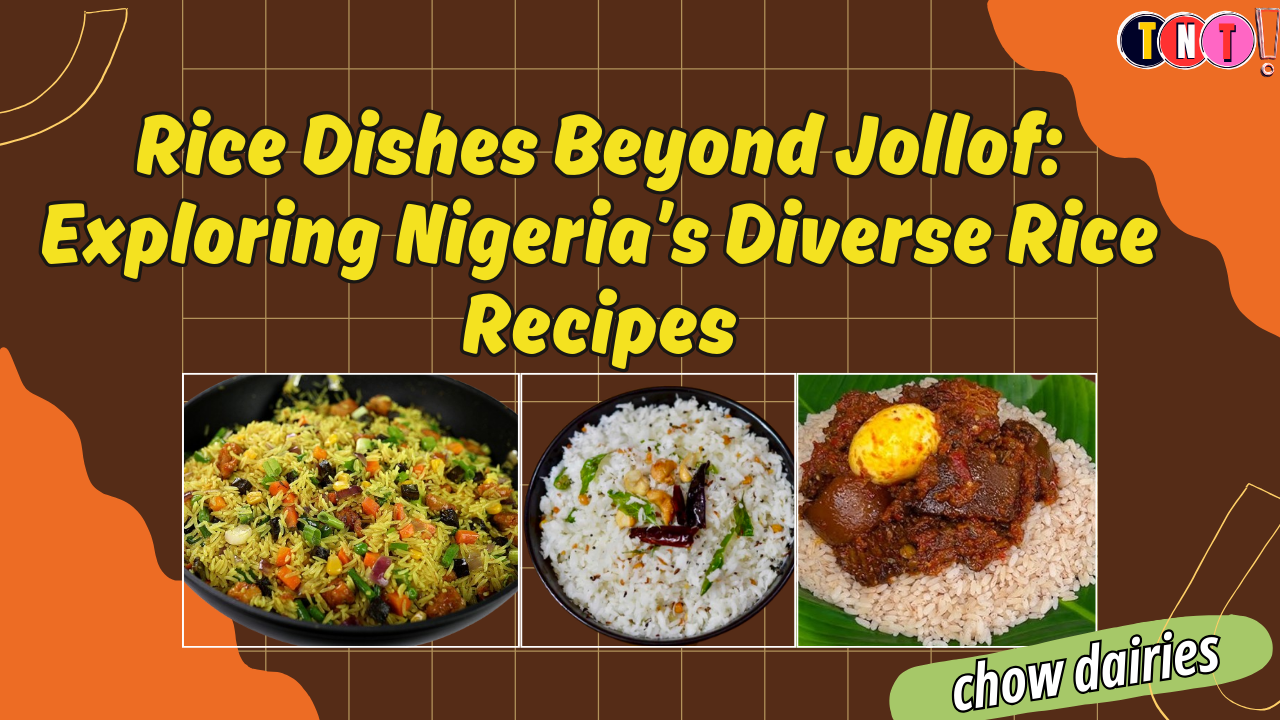want to know about 7 Essential Nigerian Spices to Elevate Your Cooking Game? Welcome to the ultimate guide to leveling up your cooking game with the secret weapons of Nigerian cuisine: spices. We’re talking about the fiery, the funky, and the fragrant those spices that turn any dish from “meh” to “oh wow!”

Whether you’re a culinary genius or still figuring out how to boil water (no judgment), these 7 essential Nigerian spices will unlock a world of flavor. So grab your apron, get ready for a kitchen adventure, and let’s spice things up!
Nigerian Spices You Need To Have
Whether you’re a seasoned home chef or a kitchen newbie, 7 Essential Nigerian Spices to Elevate Your Cooking Game will transform your meals from meh to MAMA MIA! Let’s dive into these spicy secrets!
Uziza: The Ninja of Pepper
First on the list is uziza, a pepper that doesn’t just tap you on the shoulder it punches you in the face (in a good way). Uziza has a sharp, aromatic flavor, making it a must-have in Nigerian soups like nsala and afang. Its slight bitterness adds depth, and it’s a lifesaver when you want to give your food a spicy edge without overpowering other flavors. Uziza is like the spice that brings drama to the kitchen. It’s peppery with attitude, and trust me, your soups will never taste the same again!
Ehuru (Calabash Nutmeg): The Flavor Whisperer
Ehuru, also known as calabash nutmeg, is the spice that doesn’t shout but oh, does it make its presence known! With its sweet, nutty aroma, ehuru is often added to pepper soup, stews, and even rice dishes. It’s that quiet flavor that leaves everyone wondering, “What’s in this?!” Ehuru adds a layer of complexity to any dish, taking it from ordinary to unforgettable. Plus, it’s got this warm, cozy vibe that makes your kitchen smell like heaven.
Ogiri: The Funk Master
Let’s talk about ogiri, the funky, fermented condiment that might scare you at first but will quickly become your best friend. Made from fermented locust beans, it’s what you add to soups like egusi and ogbono when you want to introduce that deep, rich umami flavor. Just a little goes a long way, and your kitchen might smell like a science experiment, but the taste? Divine. Ogiri is like the rebellious spice in the pantry it’s smelly but essential. Once you get past the funk, it elevates your dishes to a whole new savory level.
Ata Rodo (Scotch Bonnet): The Firecracker
If you love spicy food, then you’ve probably already met ata rodo, the hottest celebrity in Nigerian cuisine. This tiny, vibrant pepper is not for the weak-hearted. It’s the secret behind that tongue-tingling, lip-burning sensation you feel when eating a good Nigerian stew or jollof rice. This pepper doesn’t just bring the heat; it adds a fruity, aromatic flavor that’s unmistakable. Because what’s life without a little (or a lot of) spice? Ata rodo brings the heat and the flavor, making every bite an adventure.
Uda (Negro Pepper): The Bold Statement
Uda is like that bold friend who enters the room and owns it. Known for its smoky, bitter flavor, uda is a staple in Nigerian pepper soups. It adds a robust depth to the dish, cutting through rich flavors and providing a balancing act. You can also use it in other soups and stews when you want to give them that earthy, smoky punch. Uda is the ultimate flavor balancer, perfect for those who like their meals to have complexity and richness.
Scent Leaf: The Herbal Hit
Scent leaf is to Nigerian cooking what basil is to Italian cuisine absolutely essential. This fragrant herb has a sweet, minty flavor and is used to brighten up dishes like yam porridge and pepper soup. It’s also packed with health benefits, helping with digestion and boosting the immune system. When you want to add freshness to a dish, scent leaf is your go-to. It’s fresh, it’s fragrant, and it gives your dishes that “just from the garden” vibe. Plus, it’s like having an edible air freshener in your kitchen!
Dawadawa: The Umami King
Finally, we arrive at dawadawa, also known as fermented locust beans, and the king of umami in Nigerian cooking. Dawadawa gives soups, stews, and sauces a deeply savory, almost meaty flavor, and it’s loaded with nutrients. Some might call it an acquired taste, but once you’ve had a dawadawa-infused dish, there’s no turning back. It’s the hidden flavor bomb that makes people go, “What’s your secret?!” It’s like adding a flavor boost to your meals that no seasoning cube can rival. It’s rich, nutritious, and gives your food that traditional, home-cooked taste.
Why You Must Have These Spices in Your Kitchen
These 7 Nigerian spices are not just flavor enhancers—they are the soul of Nigerian cooking. They turn your everyday meals into bold, exciting, and unforgettable culinary experiences. Why settle for bland when you can have flavor explosions that make your taste buds do a happy dance?
Here’s the bottom line: If you want to master Nigerian cooking, these spices are non-negotiable. They’ll make your kitchen smell divine, your dishes taste out-of-this-world, and your friends and family beg for more. Whether you’re making a classic jollof rice, a comforting pepper soup, or experimenting with your own creations, these spices will elevate your game.
So, stock up, spice up, and get ready to take your cooking to the next level. Your taste buds (and anyone lucky enough to try your food) will thank you!



